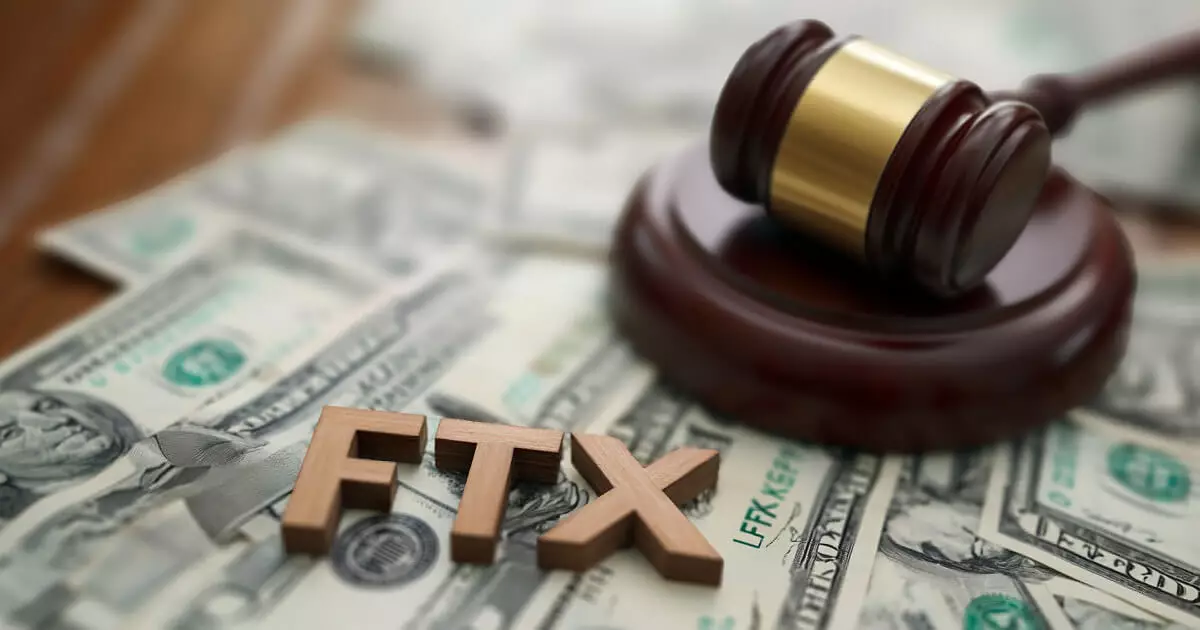The recent filing by the US Securities and Exchange Commission (SEC) regarding the FTX bankruptcy case has raised serious concerns over the proposed repayment strategy. The plan to repay creditors through stablecoins or other digital assets has sparked a debate within the regulatory realm, with the SEC reserving the right to challenge these transactions under federal securities laws. This move, while aimed at ensuring compliance with regulations, has been criticized for potentially prolonging the bankruptcy process and adding an extra layer of complexity to an already intricate situation.
One of the key criticisms directed at the SEC’s filing is the lack of clarity surrounding the legal status of using stablecoins for creditor repayments. While the SEC has not explicitly declared such transactions illegal, it has left the door open to potential legal challenges in the future. This ambiguity has been met with disapproval from industry experts, with Coinbase chief legal officer Paul Grewal highlighting the need for clear regulatory guidance to avoid unnecessary delays and uncertainties in the market. Grewal’s remarks underscore a broader frustration within the crypto industry regarding the SEC’s regulatory approach, which is often perceived as inconsistent and opaque.
The SEC’s reservations regarding the use of stablecoins in creditor repayments not only impact the FTX bankruptcy case but also have wider implications for similar proceedings in the future. By signaling its intent to scrutinize FTX’s asset liquidation and distribution process, the SEC is setting a precedent that could affect how other companies and creditors handle such transactions. The possibility of legal challenges to using stablecoins for repayments could potentially lead to delays in the bankruptcy proceedings, further complicating matters for creditors and stakeholders involved.
The ongoing debates within the industry about whether stablecoins should be classified as securities under federal law add another layer of complexity to the FTX bankruptcy case. The SEC’s stance on challenging the use of stablecoins for creditor repayments could set a precedent that extends beyond this particular case, affecting how digital assets are viewed and regulated in the future. The outcome of this debate could have far-reaching implications for companies and individuals involved in similar bankruptcy proceedings, shaping the regulatory landscape for digital assets moving forward.
The SEC’s filing regarding the FTX bankruptcy case has sparked a heated debate within the industry, with concerns raised over the potential impact on repayment strategies, bankruptcy proceedings, and the treatment of stablecoins. As regulatory scrutiny intensifies in the crypto space, clear and transparent guidelines are essential to foster trust and confidence among investors, consumers, and market participants. It remains to be seen how this case will unfold and what implications it will have for the broader regulatory framework governing digital assets.

